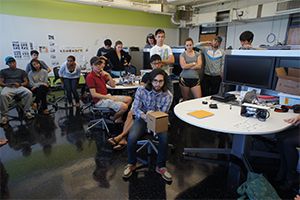The United States' medical billing system is exceptionally complex. Medical bills and Explanation of Benefits (EOB) statements are undecipherable and incomprehensible even for experts to understand. In addition, a 2015 survey conducted by TransUnion Healthcare found that 55% of American patients were either sometimes or always confused about their medical bills and that 61% of patients were either sometimes or always surprised about their out-of-pocket costs. Furthermore, forms of healthcare fraud including medical identity theft is one of the fastest growing crimes in the United States, costing the the nation approximately $30 billion a year. The goal of this research is to identify ways to simplify complexities within the EOB. Even though there are major problems which exist on the clinical and payer side of financial transactions including human error in medical coding, the issue considered in this project is empowering the end user to deal with the confusion and frustration involved in understanding one's medical services. The proposed project aims to leverage principles of participatory design to build a mobile application which takes advantage of the latest OCR technology solution and prevent the relevant information via an easy-to-understand interface.

Students in Georgia Tech's interdisciplinary MS in Human-Computer Interaction program do multiple group class projects, and a capstone individual project. Some projects are presented as part of other labs listed here; others are showcased in the MS-HCI Project Lab.
The two-year program spans four schools: Industrial Design; Interactive Computing; Literature, Media and Communications (Digital Media Program); and Psychology. Approximately 50 new students enroll each fall semester.


